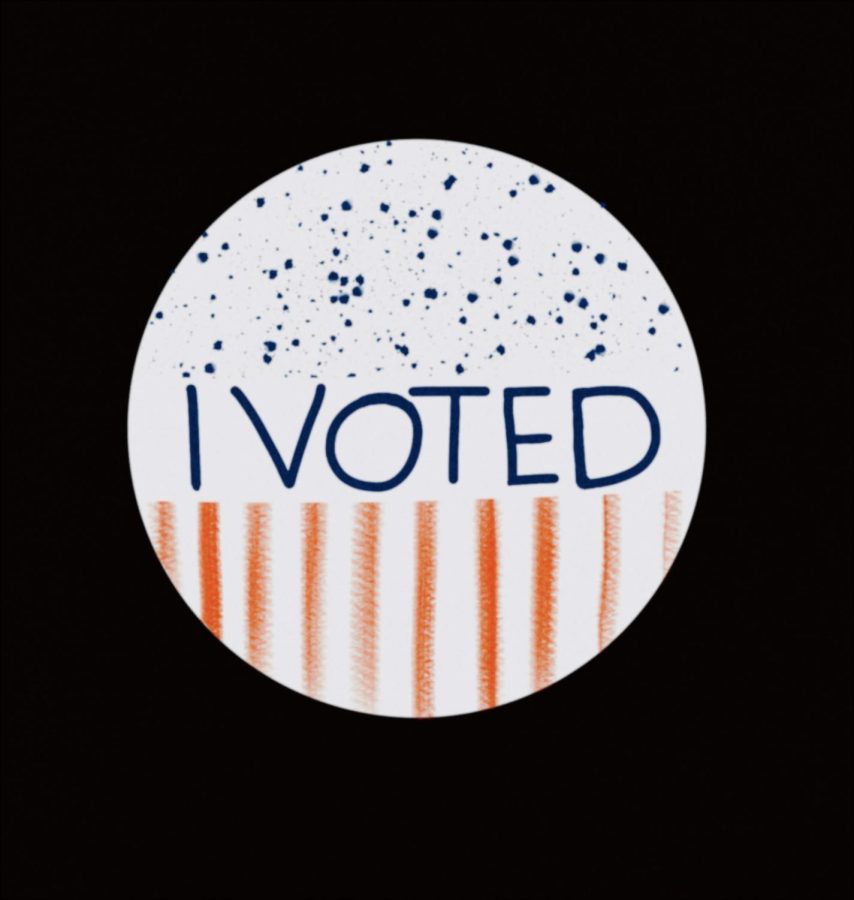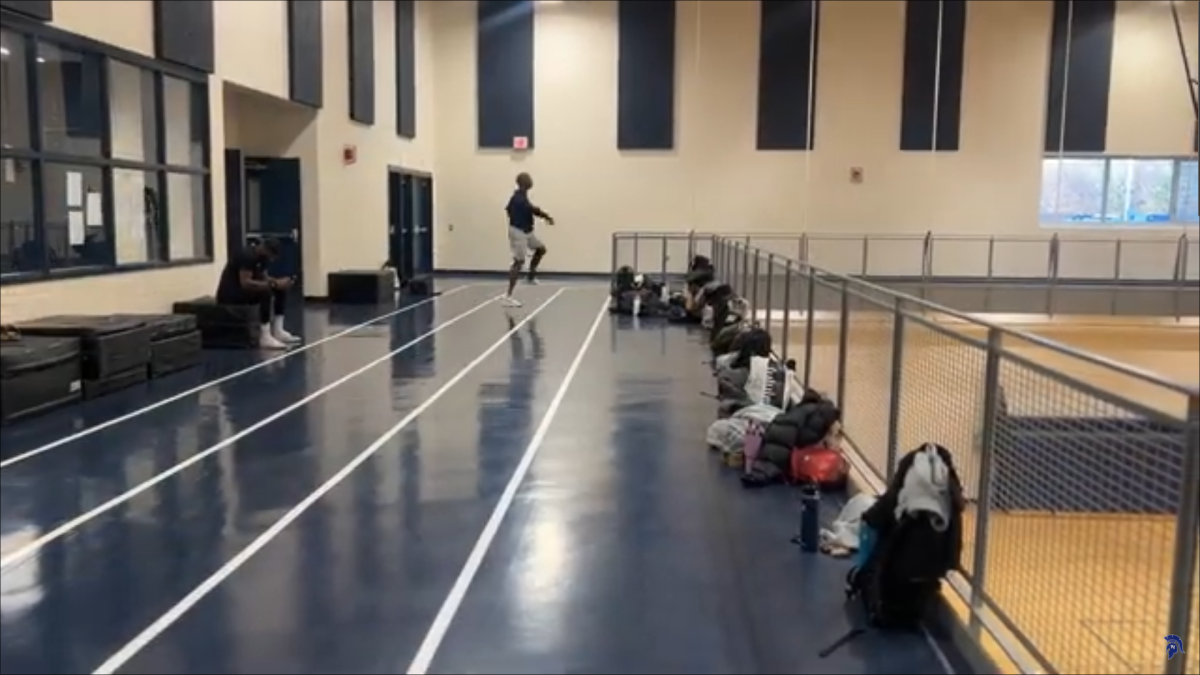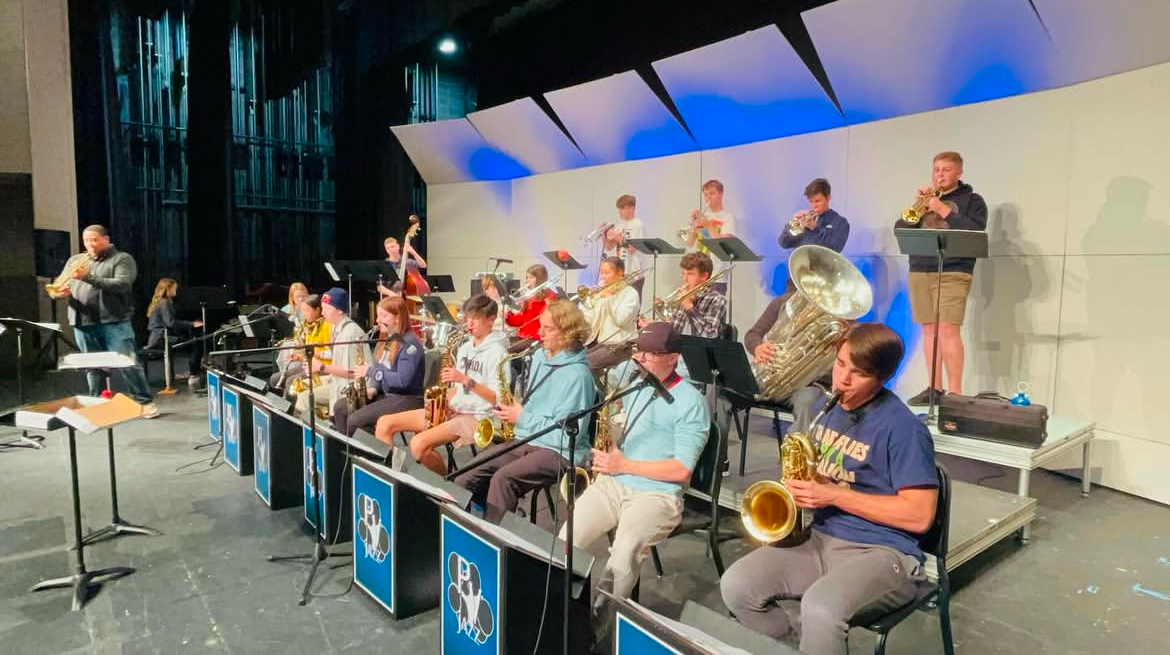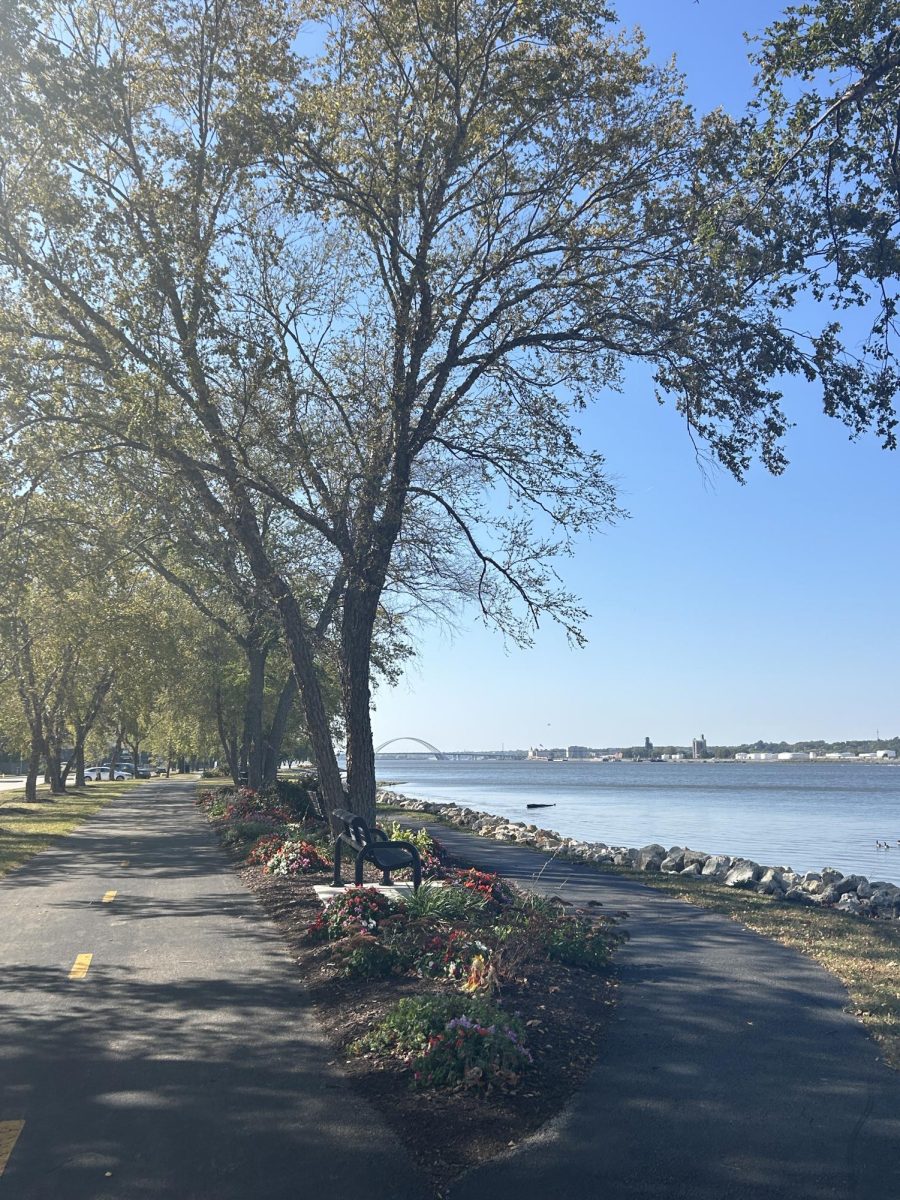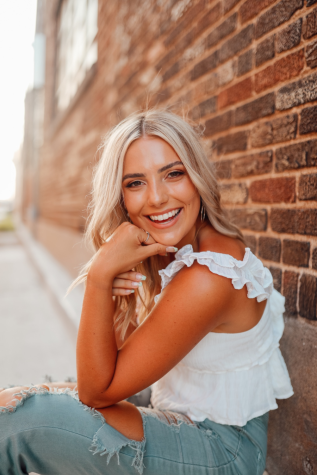Voting is a fundamental right, but without citizen participation, the basis of democracy cannot fully function.
Recent trends have shown a decrease in the number of young adults voting. PVHS government teacher Joe Youngbauer believes there are many factors that are related to the low turnout. “Young voters may be uninformed and don’t have the tools/desire to become more informed about politics and may not yet fully comprehend the way that elected officials can influence their lives. They may feel that their vote doesn’t matter or view politics as ‘broken’ and not something they are interested in participating in,” he said.
People want their voice to be heard, but when they do not believe it is making a difference, they are less likely to take action. Youngbauer also emphasized the importance of educating young people on the voting system and how it works.
“Being a teacher, I believe that schools are an essential component of voter education. Here at PV, we work to include elements of government into each of our required courses and require all students to take an American Government class,” he continued. “Each year we participate in the Iowa Youth Straw Poll, which is a way for students to ‘practice’ voting and hopefully fosters conversations about specific candidates running for office.”
Many people, including PVHS seniors, attribute their lack of knowledge about candidates and their viewpoints as their reason for not voting. This is largely a result of political conversation becoming taboo. The inability to have healthy conversations about political topics has made voting and having personal opinions almost alien for young people.
In school, there is a lack of promoting healthy political conversation about voting. While teachers are able to talk about politics and views, many refrain from discussion surrounding political areas as the line between voicing political views for conversation and pushing opinions on students has become nonexistent.
Many argue that the idea of teachers not being able to promote their political opinions to students is important to preserving an unbiased educational environment. However, for new voters, it can be important for teachers —especially in the social studies department— to be able to promote political conversation so that students can learn to talk about politics with others in a productive way.
Many of the political ideas young voters are exposed to are extremes. Political ads and promotion of the far right and left are the most publicized opinions across news sources and campaigns. Many students find themselves feeling out of place in the political world when they do not feel a sense of connection to either extreme. Many young adults do not see their values represented by candidates who hold their values because of a lack of political exposure until later in adulthood.
When people are given the ability to have a healthy political conversation and express ideas without the feeling of possible wrongdoing, they can form their own opinions and build knowledge on political topics. In today’s culture a fear holding people back from political conversation is being “canceled”.
When someone expresses their values, they are often shut down for having a different opinion than others. Living in a country where freedom is such a majorly shared value, the integrity of freedom of speech is necessary. Young people having honest political conversations is essential to break down the idea of cancel culture.
The desire to create change by voting is an area that aids in increasing young voter turnout. Senior Libby Kamp recently registered to vote. “What pushed me to vote was my drive for change. I believe young people need to vote because we are growing up in an era much different than older generations and having diversity reflected in voting will help the country adjust to change that is constantly happening,” she said.
While many young people have ideas about the need for the country to better reflect the current values of citizens, Kamp noticed many other seniors have not even thought about registering to vote for various reasons similar to the ones Youngbauer expressed.
Young voters are essential to democracy as they help contribute to the formation of a government honoring the values of citizens fairly. The preventable reasons so many high school seniors and other young voters have expressed for not voting are where effort needs to be put in. Honest and healthy conversations in the classroom pave a bridge for new adults to make an impact.
The simple ability to have raw political conversations in the classroom builds connections between opinions many people do not know are shared with each other. Young people currently nervous to vote will become comfortable in exercising their fundamental right in the way it is meant to be.


